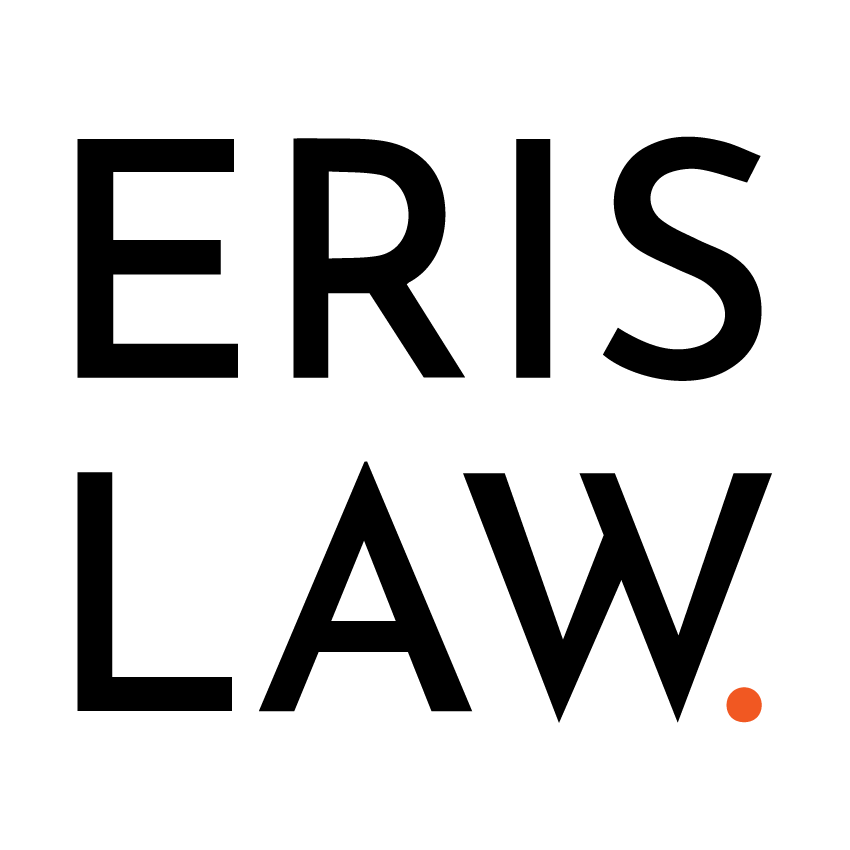
In an era marked by dramatic shifts in global defense landscapes, Swedish Small and Medium Enterprises (SMEs) stand on the cusp of unparalleled opportunities. The integration of Finland and Sweden into NATO not only strengthens the Alliance but opens a gateway for Swedish firms to enter new markets and forge groundbreaking partnerships.
Sweden decided on March 7th, 2024, to accede to the NATO Alliance. The instrument of accession was deposited on the same day with the Government of the United States of America in Washington, DC The treaty originally entered into force on August 24th, 1949.
With NATO membership, Swedish SMEs gain privileged access to critical information and strategic networks, offering a competitive edge in meeting the Alliance’s defense needs. The adherence to NATO’s rigorous standards unlocks a direct path to interoperability, enabling our technologies to integrate seamlessly into broader security architectures. Furthermore, the stability and security conferred by membership enhances the international credibility of Swedish businesses, fostering trust and opening doors to new collaborations.
The outlook on trends and needs within NATO from 2023 to 2030, is highlighted by the Alliance’s commitment to defense modernization and technological innovation. The alliance’s focus on modernization, coupled with increased budgets, opens doors for innovative solutions in cybersecurity, AI (Artificial Intelligence), and sustainable technologies. Strategic engagement in NATO’s procurement processes and tapping into initiatives like the Innovation Fund can propel Swedish businesses to the forefront of defense innovation. This era demands bold moves from Swedish SMEs, ready to contribute to a secure, advanced future. Let us lead the charge in shaping a resilient tomorrow.
A Brave New World–Sweden in NATO
Sweden is actively engaging with NATO and partner nations to deliberate on increasing its defense spending by 0.5% of its GDP soon, aiming to fulfill NATO’s defense expenditure goal of 2% by 2028. The country is also evaluating its defense strategy, considering whether to retain a broad spectrum of capabilities or to focus on excelling in a specific area, in coordination with its Nordic and Baltic neighbours.
Our analysis projects that from 2022 to 2030, there will be an upswing in the demand for both sophisticated and fundamental military services and equipment among NATO nations, an evolution influenced by the insights gained from recent conflicts. The anticipated focus areas, which cover a diverse spectrum of defense and technological sectors, range from maritime and aviation security to artificial intelligence and quantum computing. Renewable energy sources, novel material sciences, and the enhancement of digital infrastructures are also predicted to be crucial.
This aligns with the US Department of Defense’s prioritization of a suite of critical technologies aimed at modernizing and rapidly advancing military capabilities in the following domains: biotechnology, quantum science, Future Generation (FutureG) wireless technology, advanced materials, trusted artificial intelligence (AI) and autonomy, Integrated Network Systems-of-Systems, microelectronics, space technology, renewable energy generation and storage, advanced computing and software, human-machine interfaces, directed energy, hypersonic, and integrated sensing and cyber.
Gateway to NATO’s Organizational Structure
NATO’s organizational structure encompasses two strategic commands and multiple sub-commands, along with numerous agencies and Centers of Excellence. SMEs seeking collaboration should explore and align their specializations with the initiatives of these NATO entities. Individual procurement offices within these bodies regularly post various calls for collaboration, such as future business opportunities (FBOs) and requests for proposals (RFPs). While these calls are indicative, they do not exhaust the scope of NATO’s requirements.
An Overview of NATO’s Procurement Practices
NATO’s procurement rules are tailored to each specific program or project, clearly outlined, in corresponding RFI or RFP documents. This system champions International Competitive Bidding (ICB), inviting enterprises from member and occasionally partner countries to participate. Varied procurement approaches, including Best Value (BV) and National Competitive Bidding (NCB) are adopted to suit the unique requirements of each project.
The Path Forward for SMEs within the NATO Alliance
There are promising opportunities for SMEs able to address specific NATO challenges and requirements. Success in NATO’s defense market offers business growth and a chance to enhance European security. However, winning NATO contracts requires dedication, substantial resources, and a savvy approach focused on widespread market engagement. Swedish SMEs that actively engage in different procurement bids with host nations or member states within NATO’s framework can significantly drive the Alliance’s strategic direction, especially in addressing future security challenges through innovation.
At Eris Law Advokatbyrå, we are eager to support you with comprehensive services tailored to your unique needs. Our expertise extends to the intricacies of software and technology procurement, ensuring you navigate the complex web of licensing, intellectual property rights, and data protection with confidence. We provide detailed market analysis and demand mapping specific to your sector and company, guaranteeing early insight and essential contacts for cutting-edge tech ventures. Our market entry assistance is all-encompassing, covering not only legal requirements and permits but also the nuanced aspects of tech-specific regulations.
Furthermore, we specialize in developing demand-driven products or services, supporting you in crafting agreements that protect your innovations while fostering robust business growth. We offer robust support in contract negotiation and stakeholder management, tailoring our approach to the unique challenges and opportunities in the tech sector to streamline your business endeavors and secure your place at the forefront of defense innovation.
